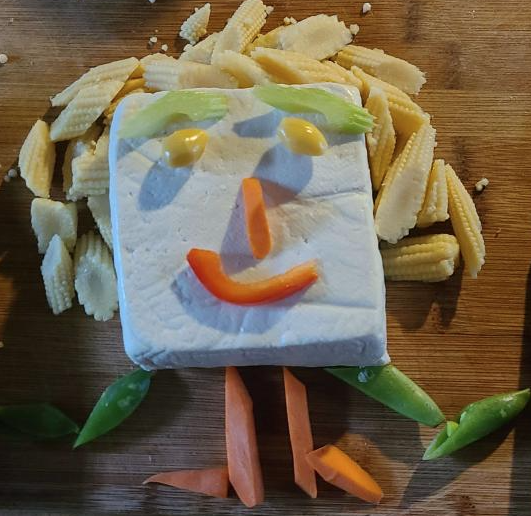

Transphobia in the US is closely aligned with American neo fascism.
Not all transphobes are fascists or alt-right, there are many centrists who are transphobic and I would guess a not insignificant portion of the Democratic party are transphobic. The famous anti-trans website 4thwavenow explicitly refuses to collaborate with anti-trans people on the right and are liberals. The Dems in the Senate recently passed anti-trans legislation.
The Dems are aware that the election outcome depends on the way a few swing states vote, namely: Pennsylvania, Michigan, and Wisconsin (as well as North Carolina, Nevada, Arizona, and Georgia). The voters in these key races are often white, working-class and are exactly of a demographic who might be put off by a party putting trans rights in the center stage (not just due to the common disgust people feel towards trans folks, but there is also an unfortunately common perception that LGBTQ+ support is a sign of cultural and economic elitism, something university-educated people care about but not something rank-and-file workers care about, a bit like climate change and environmentalism).
The Harris v Trump debate and DNC speeches emphasized the strategy the Democrats seem to be taking: to distance themselves from less popular Progressive policies in those Rust Belt states and appeal to neoconservatives by emphasizing Harris’s support for fracking, her suddenly hawkish rhetoric about creating a “most lethal fighting force”, and so on.
This is just what it means for trans rights to be a political football, when it is politically convenient the Dems will use the issue to rally support, and when it is a political liability they will distance themselves or even back anti-trans positions. This is realpolitik and pragmatism, a “ends-justify-the-means” thinking which neoliberals are inclined towards.
I think it’s smart for LGBTQ+ activists to motivate action and support for our rights, but there is a question of how to best do this. Even within LGBTQ+ activist and lobbying organizations, trans people have been snubbed traditionally (even as we played a pivotal role in gay liberation and rights movements):
A striking example of how transgender interests diverged from legal activism related to sexual orientation can be found in the debates about transgender inclusion in the federal Employment Non-Discrimination Act that took place in late 2007. First introduced for consideration by Congresswoman Bella Abzug in the 1970s, ENDA, as the bill is known, aimed to prohibit employment discrimination based on sexual orientation. The proposed legislation didn’t make it out of committee for a full congressional debate until 1994, when the measure failed to pass by a single vote. At that time, the transgender movement did not have sufficient political clout to have gender identity or gender expression provisions added to the language of the bill—indeed, ENDA’s primary lobbyist, the Human Rights Campaign (HRC), actively undermined transgender activists who were just then beginning to lobby Congress for transgender inclusion within the bill.
Eventually the HRC came around, but a similar calculus is happening with the Democrats, they ask themselves whether the risk of alienating certain voters by prioritizing trans rights as a part of their rhetoric right now is worth it. The approach Walz has taken is to act like it’s weird to be so obsessed about trans people, and that means prioritizing a message of “let people live their lives” and not harping on the issue the way the Republicans do.
The extreme version of this pragmatic approach is to do what the Labour party did in the UK by flipping on the trans issue (since popular opinion had turned so against trans people) and taking an anti-trans position, which arguably has allowed them to win elections, but certainly at the costs of trans rights.
Trans rights aren’t a side issue for trans people, but it’s certainly a side issue for most voters, and for the Democrats. Hopefully the combined pressure from LGBTQ+ activism and lobbying will keep up enough pressure that we don’t get dropped like in the UK, but it is sometimes hard to tell when to unify and when to withhold support and demand more.





A timeline of the Biden administration’s pro-LGBTQ+ actions: https://www.hrc.org/resources/president-bidens-pro-lgbtq-timeline
A platform may be empty words, but you can also look at what actions have been taken. It’s hard to feel satisfied by the Democrats, but to be fair they don’t have control of the House or Senate.